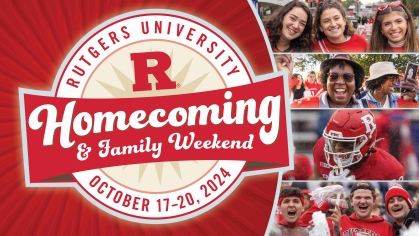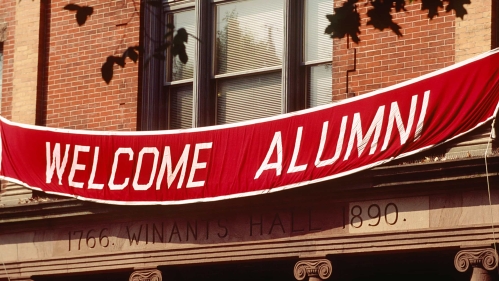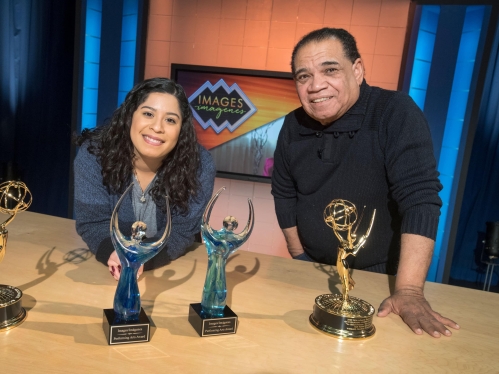
Thursday, October 17, 2024, 9:00 a.m.-Sunday, October 20, 2024, 5:00 p.m.


Thursday, October 17, 2024, 9:00 a.m.-Sunday, October 20, 2024, 5:00 p.m.
Thursday, April 25, 2024, 6:00 p.m.-9:30 p.m. | Stone House at Stirling Ridge, Warren
Wednesday, May 01, 2024, 5:30 p.m.-8:00 p.m.

New Jersey native and Rutgers turfgrass PhD alumnus Richard Hurley has been a leader in breeding grasses used on golf courses around the world, ranging everywhere from Australia to the Masters, which is hosted each year in Georgia. For decades, the iconic Augusta National Golf Club has used cool-season grasses developed at Rutgers.
Need advice on your job search? Looking for a career mentor? Maybe you’d like to mentor a Rutgers student yourself? The RUAA can connect you with career resources and opportunities, including networking sessions, and workshops.
Need a copy of your Rutgers transcript for graduate school or a job application? Request a transcript online.
To update your contact information, share personal or professional news, or to report an alumnus/alumna death, please complete this form.
Rutgers’ Most Distinguished Alumni
The Rutgers Hall of Distinguished Alumni recognizes graduates who embody the Scarlet Forever ideal and push it further in ways that change the world and strengthen their alma mater—now and for future generations. Each year, Rutgers selects and celebrates these extraordinary individuals to highlight the rich history, enduring values, and far-reaching aspirations of the Rutgers alumni community.

We celebrate alumni excellence university-wide. Listed here are alumni awards that showcase remarkable alumni across campuses, schools, and groups who excel in their industry, volunteerism, support of student success, and service to alma mater.
